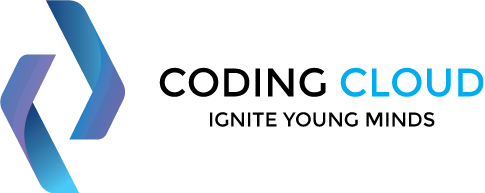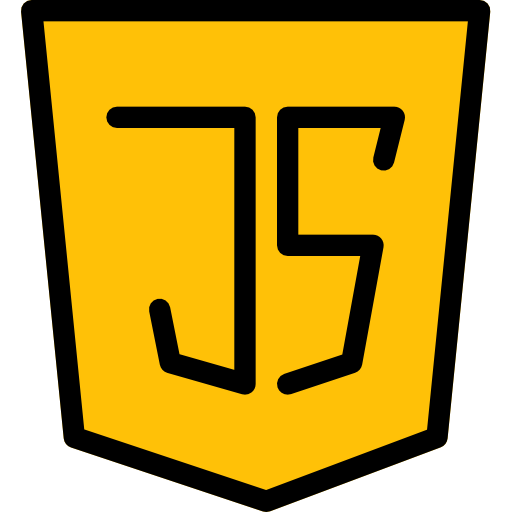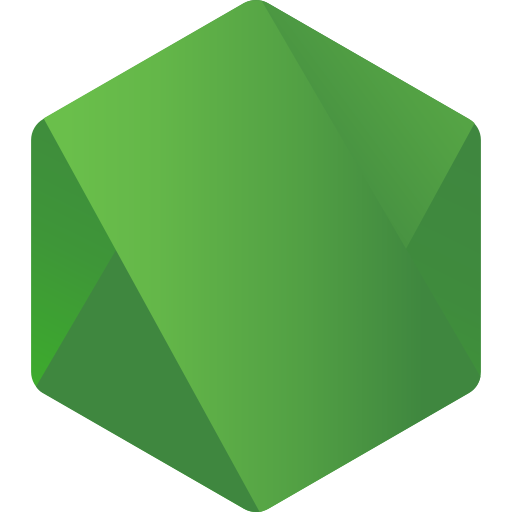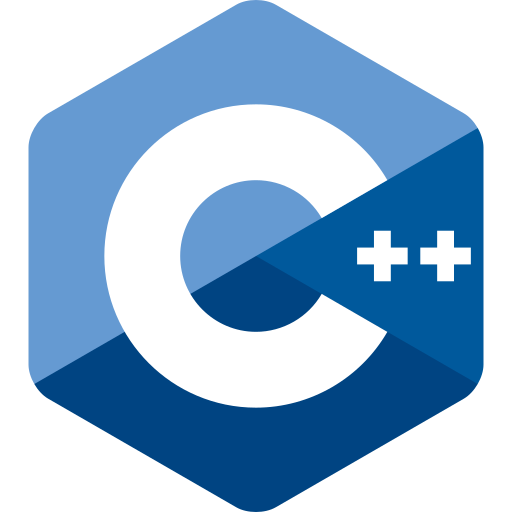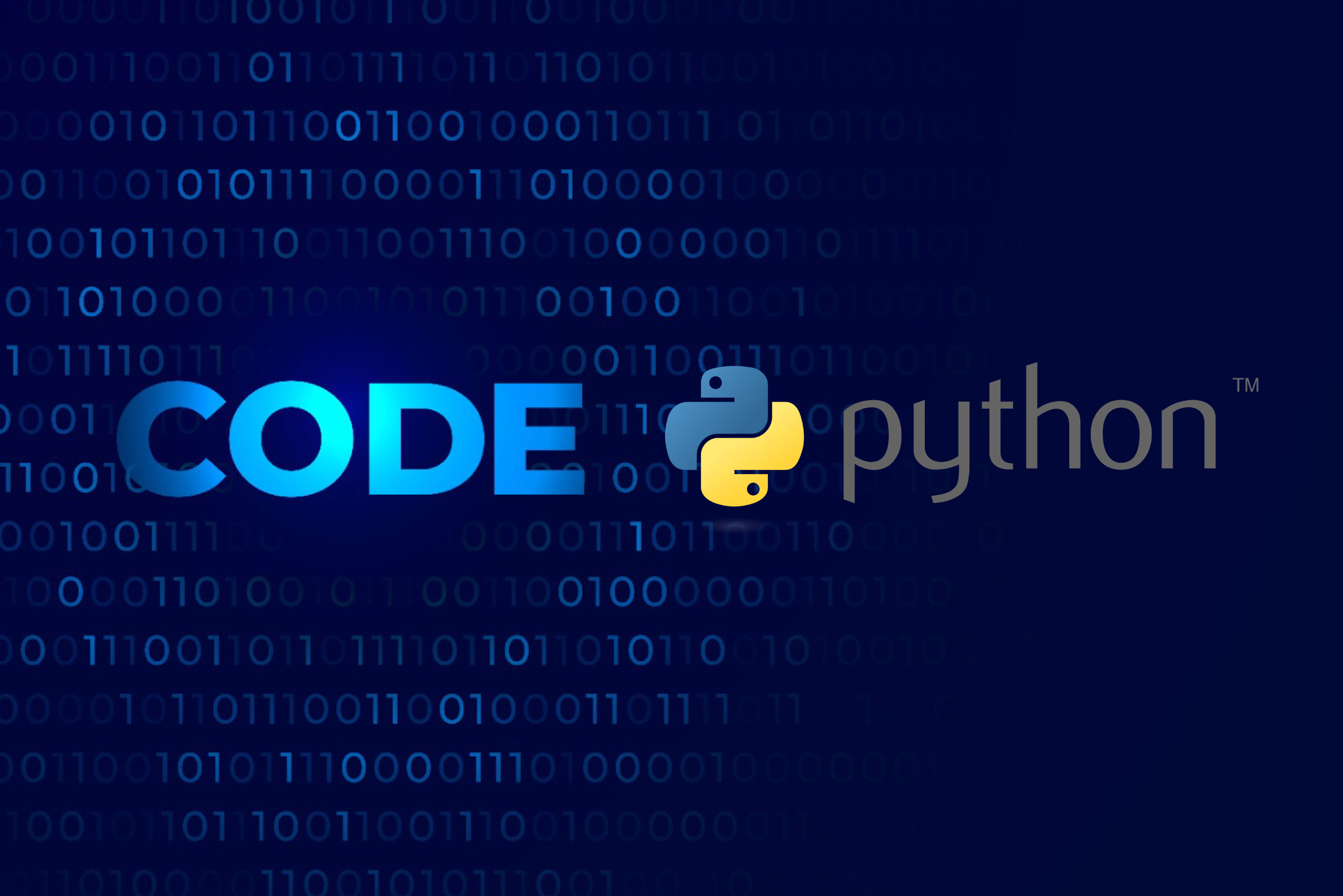
Durations: 40 hours
Lectures: 80
Students: Max 5
Level: All Levels
Language: English
Certificate: Yes
Python With Django Training Course
Download PDF
What Will I Learn?
-
Introduction to Python Programming

-
Functions, Modules

-
List & Tuples, Dictionaries

-
OOPs Concepts & Regular Expressions

-
Django Framework

-
SQLlite Database

Course Schedule
-
8 - Week Program

-
5 Sessions a Week

-
1 Hour for Each Session

-
The Next Session Begins Every Monday

ENROLL NOW
Access this course now
Material Includes
-
Certificate of Completion

-
Access on Mobile & Laptop

-
Notes

Audience
-
Students & Recent Graduates

-
Software Developers & Programmers

-
Web Developers

-
IT Professionals

-
Anyone Interested In learning A New Programming Language

Course Content
Introduction of Python
Conditional Statements
If, If- else, Nested If-else
Looping- For, While, Nested loops
Control Statements, Break, Continue, Pass
String Manipulation
Accessing Strings
Basic Operations
String Slices
Function and Methods
List
Accessing List
Operations
Working with lists
Function and Methods
Tuple
Dictionaries
Accessing Values In Dictionaries
Working With Dictionaries
Properties
Importing Module
Math Module
Random Module
Packages
Types of Functions
Calling a Function
Function Arguments
Anonymous Functions
Printing On Screen
Reading Data From A Keyboard
Opening & Closing File
Reading & Writing Files
Classes
Objects
Attributes
Inheritance
Overloading
Data Hiding
Overriding
Search Function
Match Function
Modifiers
Handling Exception
Clause
Try ? Finally Clause
User Defined Exceptions
CGI - Introduction
Architecture
CGI Environment Variable
GET & POST Methods
Cookies
File Upload
Starting A Thread
Threading Module
Synchronizing Threads
Multithreaded Priority Queue
Socket
Socket Module
Methods
Client & Server
Internet Modules
Installation of Django Web Framework
Django Introduction
Django Application Life Cycle
Dajngo Form Processing
Model Form, Django Form
Django View Creation
Django Page Redirection
Creating Projects & Applications
Django Static Files Handling
Design Templates Using HTML,CSS, BOOTSTRAP
Working With Admin Side In Projects
Creating Virtual Environments
Web Application
Client-Server Architecture
Creating A Database With SQLite 3
Database Migrations
CRUD Operations
Implementing Templates
Connecting PostgreSql Database
Executing Queries
Transactions
Handling error
What Is Python Web Development
Python web development is the process of building websites, web applications, and other web-based software systems using the Python programming language. Python is a versatile and powerful language that is widely used in web development due to its ease of use, readability, and large community support.
Python web development involves building server-side code that runs on web servers and responds to requests from client-side code running in web browsers. Python web developers use frameworks and tools to streamline the development process and to handle common tasks like user authentication, database access, and handling HTTP requests.
Here are some popular Python web development frameworks:
Django: A high-level web framework that encourages rapid development and clean, pragmatic design. It includes a built-in administrative interface, object-relational mapping for working with databases, and robust security features.
Flask: A lightweight web framework that is easy to use and flexible. It is ideal for building small to medium-sized web applications and includes extensions for handling common tasks like database access and user authentication.
Python web development is used to build a wide range of web-based software systems, including:
Web applications: Python can be used to build web applications that run entirely in a web browser, like social media platforms or e-commerce websites.
Web services: Python can be used to build web services that provide data and functionality to other applications, like mobile apps or other web applications.
APIs: Python can be used to build APIs (Application Programming Interfaces) that allow different software systems to communicate with each other.
Overall, Python web development is a popular and effective way to build web-based software systems using the powerful and versatile Python programming language.
Read More
Career Growth as a Python Web Developers in India
Python web development is a popular career choice in India, as Python is one of the most widely used programming languages in the world. Here are some career growth opportunities for Python web developers in India:
Web Developer: As a Python web developer, you can start your career as a web developer and work for small to large businesses. In this role, you will be responsible for building and maintaining websites and web applications using Python and web development frameworks like Django, Flask, and Pyramid.
Full Stack Developer: Full stack developers are responsible for developing both the front-end and back-end of web applications. As a Python full stack developer, you will have the opportunity to work on different layers of the web application, including the user interface, business logic, and database layer.
Data Scientist: Python is also widely used in data science and machine learning. As a Python web developer, you can transition into a data science role and work with large data sets, develop predictive models, and use machine learning algorithms.
DevOps Engineer: DevOps engineers work to improve the efficiency of the software development process by automating deployment, testing, and monitoring processes. As a Python web developer, you can transition into a DevOps role and work with tools like Jenkins, Docker, and Kubernetes.
Technical Lead/Manager: With experience and leadership skills, you can grow into a technical lead or manager role, where you will be responsible for overseeing the development process, managing a team of developers, and ensuring the successful delivery of software projects.
In India, the average salary for a Python web developer ranges from INR 4 to 8 lakhs per annum, depending on experience and skills. With the increasing demand for Python web developers, there is ample opportunity for career growth and development in this field.
Read More
Difference Between Python Web Development & PHP Web Development
Python web development and PHP web development are two popular technologies used to build web-based software systems. Here are some key differences between the two:
Programming Language: The primary difference between Python web development and PHP web development is the programming language used. Python is a high-level, general-purpose programming language, while PHP is a server-side scripting language designed specifically for web development.
Syntax: Python has a simple and easy-to-read syntax, making it easier for developers to write and maintain code. PHP syntax, on the other hand, is more complex and less intuitive.
Frameworks: Python has a number of popular web development frameworks, including Django, Flask, and Pyramid, which provide built-in functionality and features for developing web applications. PHP also has several popular frameworks, such as Laravel, Symfony, and CodeIgniter.
Database Support: Python has built-in support for a variety of databases, including MySQL, PostgreSQL, and SQLite, which makes it easier to work with databases in Python web development. PHP also has support for many databases, including MySQL and PostgreSQL, but requires additional libraries and extensions to work with them.
Scalability: Both Python and PHP can scale well, but Python is generally considered to be better suited for large-scale web applications due to its ability to handle high traffic and heavy workloads.
Overall, Python web development and PHP web development have their own strengths and weaknesses. Python is ideal for complex web applications and data analysis, while PHP is often preferred for rapid web development and ease of use. Ultimately, the choice between Python and PHP will depend on the specific requirements of the project and the preferences of the development team.
Read More
